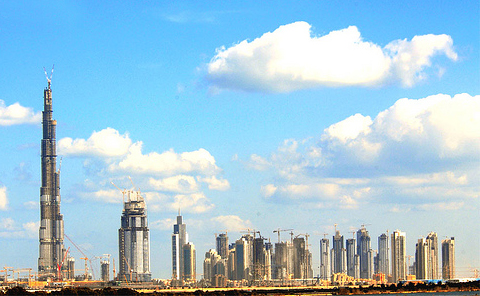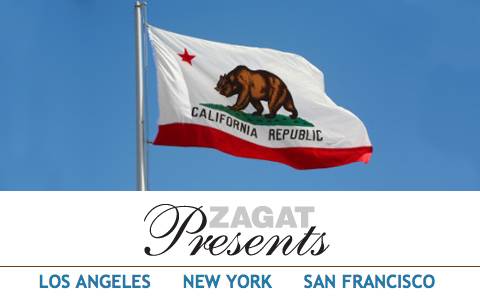By Mary Mullaj
Although at times it does seem apart of the rest of the world, Dubai is still susceptible to the ebb and flow of world markets, and the city is feeling the effects of the financial crisis. The development boom has slowed, projects have been put on hold, and the government is even considering the unthinkable: collecting taxes. While the crisis is bad for investors, a certain “subculture” made up of Emirati natives, sees the economic slowdown as a means of preserving their culture. Emirati natives make up about ten percent of the population, and trace their lineage back to the Bedouin natives who once roamed the desert area. Over time, their culture has been subjugated to the norms of newcomers, leading to a loss of national identity. Now some are seeing the financial crisis as an opportunity to diminish the influx of foreign nationals and the re-establish their own culture and value system.
UAE University political science professor Abdul Khaleq Abdullah sees the slowing of growth as a good thing for the identity of the country. First and foremest, it has forced a collective re-thinking of the direction of the country, in which the Ermirati minority feel like they are becoming colonial lords. Emiratis are provided for by the welfare state, which doles out tuition, government jobs, and housing. As it stands, locals make up only 3% of the private workforce, tending instead to prefer cushier government jobs. Now that the government must cut back spending, rethinking the development model of the county is necessary. Some suggestions include substantially reducing the number of foreigners, thus shifting demographics, or possibly creating one econonomically forceful country of the seven emirates. Whether from a point of view stressing culture or economics, the slowing of Dubai’s growth will force many to ponder the future of the country.





















